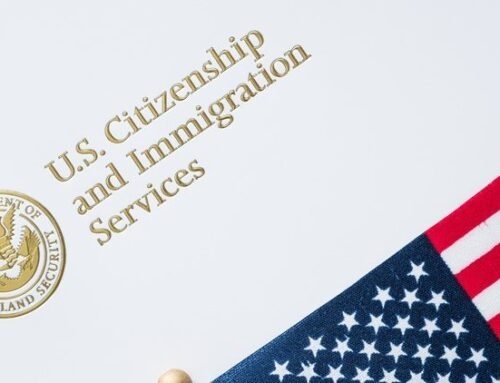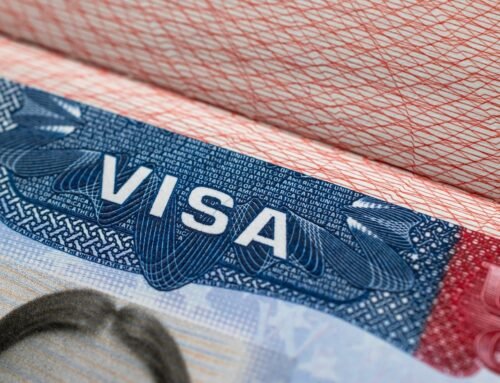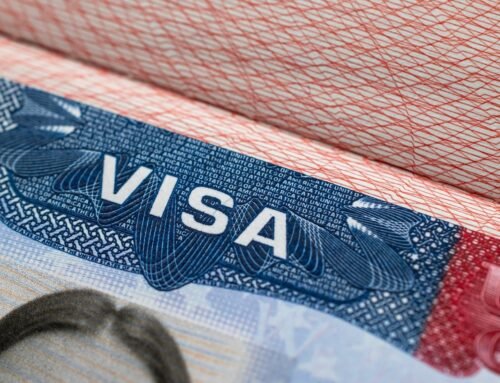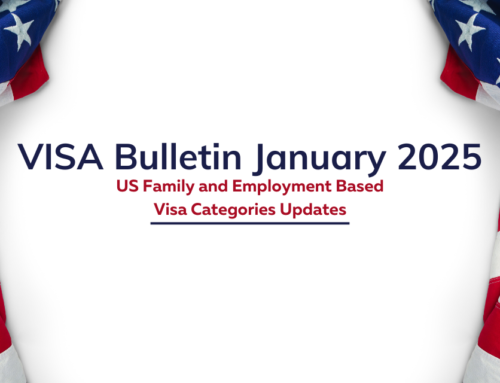If you\\\’re an international business looking to expand your operations to the United States or a foreign employee being transferred to a U.S. office, the L1 visa can be your ticket to success. However, the process of obtaining an L1 visa—whether it’s the L1A for managers/executives or the L1B for specialized knowledge workers—is complex, highly detailed, and often time-sensitive. That’s where the expertise of an L1 visa attorney becomes crucial. But how do you choose the best L1 visa attorney for your specific needs? With hundreds of immigration lawyers claiming expertise, making the right decision can feel overwhelming. In this blog, we break down what the L1 visa entails, why hiring an attorney is essential, and 10 key tips to help you choose the best L1 visa lawyer for your case.
What Is an L1 Visa?
The L1 visa is a non-immigrant visa designed for intra-company transferees. It allows foreign employees of a multinational company to transfer to a U.S. office. The L1 visa has two main types:
- L1A Visa: For executives or managers being transferred to the U.S. or opening a new office.
- L1B Visa: For employees with specialized knowledge essential to the company’s operations.
It’s valid for up to 7 years for L1A and 5 years for L1B, with options to extend or transition to a Green Card under certain conditions.
Why Do You Need an L1 Visa Attorney?
While technically possible to self-file, working with an experienced L1 visa attorney greatly improves your chances of approval. Here\\\’s why:
- Compliance with complex immigration rules
- Proper documentation and petition preparation
- Timely submission and correspondence with USCIS
- Strategic advice for tricky scenarios (like new office L1 petitions)
- Avoiding delays or costly denials due to technical errors
An L1 visa denial can significantly delay your business goals and even impact future immigration applications. That’s why legal expertise is not just helpful—it’s often essential.
How to Choose the Best L1 Visa Attorney: 10 Key Tips
1. Verify Specialisation in Business Immigration
Not all immigration lawyers are equal. Look specifically for attorneys with experience in business immigration law, especially L1 visa filings. L1s are more technical than family or asylum-based cases, so choose a lawyer who deals with corporate clients regularly.
2. Check Credentials and Bar Standing
Ensure the attorney is licensed to practise in the U.S. and is in good standing with the state bar association. You can check this through your state’s official bar website.
3. Evaluate Their Track Record with L1 Visas
Ask for case success rates, sample approvals, and how many L1 visas the attorney has handled, especially within the past year. An attorney with hands-on, up-to-date experience will be better equipped to handle the evolving USCIS guidelines.
4. Ask About L1A vs L1B Experience
L1A and L1B visas require different documentation and strategies. If you’re opening a new office, the bar is even higher for L1A approval. Be sure your attorney has experience in the specific L1 category relevant to you.
5. Read Reviews and Testimonials
Look for verified reviews on sites like Avvo, Google, Lawyers.com, or the American Immigration Lawyers Association (AILA). See what past clients say about communication, professionalism, and overall results.
6. Confirm Fee Structure and Transparency
Ask for a clear breakdown of legal fees and filing costs. Some attorneys charge flat fees, while others charge by the hour. Make sure there are no hidden charges. A professional attorney will provide you with a formal engagement letter and invoice structure.
7. Assess Communication and Responsiveness
Immigration cases involve multiple updates and document submissions. Choose a lawyer who is prompt in responding to emails, takes the time to explain things clearly, and is accessible when you have questions.
8. Look for Multi-National Business Understanding
An L1 visa attorney must understand how your foreign and U.S. entities relate. The more they understand about your business structure, industry, and goals, the better they can position your application.
9. Check for AILA Membership
Membership in the American Immigration Lawyers Association (AILA) indicates a commitment to staying current with immigration law. While not mandatory, it’s a good sign of professionalism.
10. Schedule a Consultation First
Before signing anything, schedule a consultation—many attorneys offer a free or low-cost initial session. Use this time to ask questions, evaluate their approach, and see if there’s good chemistry. Your lawyer will be your partner through a complex process, so trust and clarity matter.
Red Flags to Avoid
- Vague answers to specific questions
- No clear timeline or filing strategy
- Overpromising results or guaranteeing approvals (no lawyer can do that)
- High-pressure sales tactics
- Lack of real-world business knowledge
Final Thoughts
Choosing the right L1 visa attorney in New York, New Jersey, Texas, and California .could be the difference between a seamless move to the U.S. and a delayed, frustrating process. The Law Offices of Prashanthi Reddy, PLLC, stands out as a top-tier choice for L1 visa representation across major U.S. states like New York, Texas, and California. Whether you’re an entrepreneur expanding into the American market or an employee transferring to a U.S. office, the right legal support will streamline your journey. Do your due diligence, take the time to vet your options, and choose a professional who aligns with your business goals and immigration needs. If you need tailored L1 visa legal support, make sure your attorney brings not only immigration expertise but also a genuine understanding of your business vision. With the right legal partner, your U.S. expansion is just one approved petition away.







